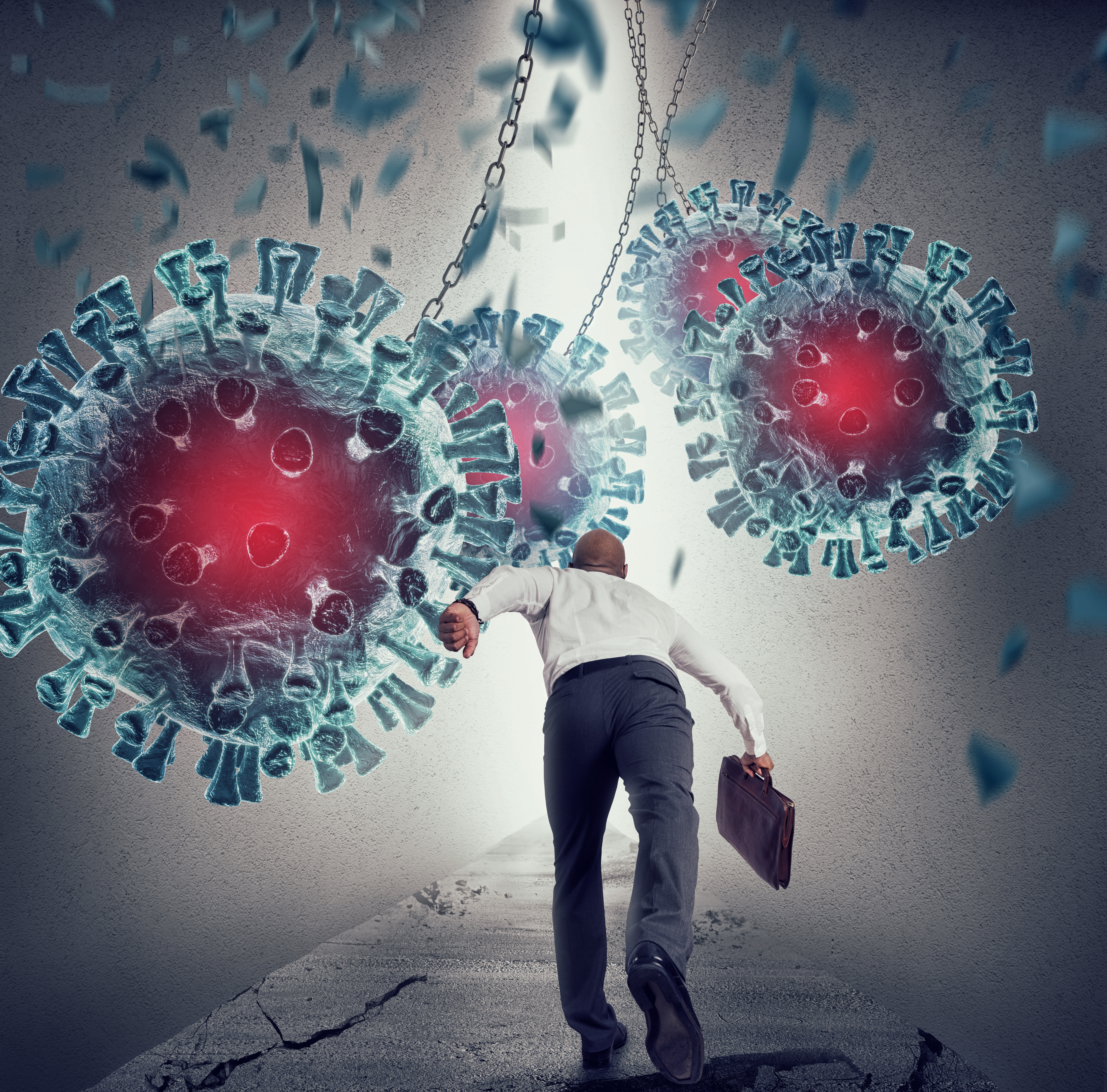
As the world is beginning to slowly transition back into the workplace, the conversations regarding workplace safety in light of the global pandemic are rampant. However, these conversations are commonly lacking in something very important – they have failed to include psychological safety as a part of the discussion.
Psychological safety is KEY right now. Fear and uncertainty are raging. Contradictory information is omnipresent. Everyone is talking about this “new normal” but none of us know precisely what this ‘new normal’ means. The first step is getting back to the workplace, but the second is to stay there. Psychological safety is crucial to enable people to feel safe staying. Individuals have many anxieties racing through their heads as they consider returning to work, though returning to work is exactly what they want to do. Some may be concerned about the type of transportation they take to get to work; they might need to ride a train or take a bus which have now suddenly become very scary things to do. Strangers are no longer characterized as people we don’t know, instead, they are often seen as potential virus threats. What about when they are sitting at work and their co-worker sitting close to them coughs? Or even simply clears their throat? What will management do when someone calls in sick who is displaying one or more of the symptoms of COVID-19?
We need to be proactive in preventing a second epidemic of anxiety and panic as the wheels and gears of “normal” life begin to slowly turn again. Most training in the past has been about key performance index, productivity, and the like. NOW is the time to train leaders to develop out socially. Can they make those in your organization feel safe from a psychological standpoint? Can you? If you can, your employees will stay. The workplace will become a refuge – a place of safety, peace and productivity. In opposition, if you fail to create a psychologically safe environment for others, then you may be at risk to stand the test of time during this era of global crisis.
As we begin returning to work, psychological safety will help rebuild trust inside your organization, increase unity during this time of unprecedented division, rebuild relationships, and enable you to not only recover, but to thrive and stand out successfully. Psychological safety is characterized by a foundation of communication and trust. The sense of safety that we all need right now is only possible on this foundation of trust and unity and will come as a natural appendage to psychological safety.
The four core elements, or quadrants, of psychological safety are based on principles of growth, collaboration, and inclusion. These elements really cement a sense of unity in every environment where they are employed. As the workplace is unified and communication and trust deepen, relationships will naturally increase in strength and depth. Stressed or damaged relationships will be rebuilt. A foundation of communication and trust, unity, and strong relationships will ultimately result in an organization becoming increasingly unique and powerful enough to withstand the tempest of today’s unknown and anxious global society. It will result in the faithfulness of its people. They will stay. It will provide the organization with operational strength while its usual competitors play games with the unknown and their people anxiously twiddle their thumbs and dedicate energy to their racing minds. Psychological safety will empower your organization with the tools needed to withstand this and future market attacks, to recover, and to stand out.
So start the conversation. How will you become leaders who lead with psychological safety? How will you increase the conversation around psychological safety? What can your organization do to foster psychological safety? For consultations or educational and professionally-vetted resources and for more information on Psychological Safety, click here.
Michael Gillespie is the Founder of BlueEQ, a global consulting, training and assessment organization focused on Emotional Intelligence and Psychological Safety.
Kaitlyn Dyshkant is a leading BlueEQ researcher, writer, and content developer.

